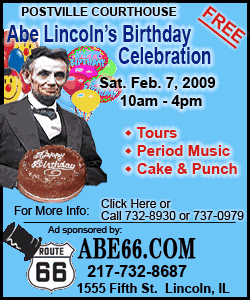| ||||||||
| ||||||||
He received his greatest acclaim for the "Rabbit" series, a quartet of novels published over a 30-year span that featured ex-high school basketball star Harry "Rabbit" Angstrom and his restless adjustment to adulthood and the constraints of work and family. To the very end, Harry was in motion, an innocent in his belief that any door could be opened, a believer in God even as he bedded women other than his wife. The series "to me is the tale of a life, a life led by an American citizen who shares the national passion for youth, freedom, and sex, the national openness and willingness to learn, the national habit of improvisation," Updike would later write. "He is furthermore a Protestant, haunted by a God whose manifestations are elusive, yet all-important." Other notable books included "Couples," a sexually explicit tale of suburban mating that sold millions of copies; "In the Beauty of the Lilies," an epic of American faith and fantasy; and "Too Far to Go," which followed the courtship, marriage and divorce of the Maples, a suburban family. After graduating from Harvard University in 1954, he accepted a one-year fellowship to study painting at the Ruskin School of Drawing and Fine Arts at Oxford University. During his stay in England, a literary idol, E.B. White, offered him a position at The New Yorker, where he served briefly as foreign books reviewer. Many of Updike's reviews and short stories were published in The New Yorker, often edited by White's stepson, Roger Angell. By the end of the 1950s, Updike had published a story collection, a book of poetry and his first novel, "The Poorhouse Fair," soon followed by the first of the Rabbit books, "Rabbit, Run." Praise came so early and so often that New York Times critic Arthur Mizener worried that Updike's "natural talent" was exposing him "from an early age to a great deal of head-turning praise." In recent years, his books included "The Widows of Eastwick," a sequel to his "The Witches of Eastwick"; and two essay collections, "Still Looking" and "Due Considerations." A book of short fiction, "My Father's Tears and Other Stories," is scheduled to come out later this year. His standing within the literary community may never have been greater than in 2006 when he delivered a passionate defense of bookstores and words, words on paper, at publishing's annual national convention. Responding to a recent New York Times essay predicting a digital future, he scorned this "grisly scenario" and praised the paper book as the site of an "encounter, in silence, of two minds." "So, booksellers, defend your lonely forts," he concluded. "For some of us, books are intrinsic to our sense of personal identity."
[Associated
Press;
Copyright 2009 The Associated Press. All rights reserved. This material may not be published, broadcast, rewritten or redistributed.
News | Sports | Business | Rural Review | Teaching & Learning | Home and Family | Tourism | Obituaries
Community |
Perspectives
|
Law & Courts |
Leisure Time
|
Spiritual Life |
Health & Fitness |
Teen Scene
Calendar
|
Letters to the Editor